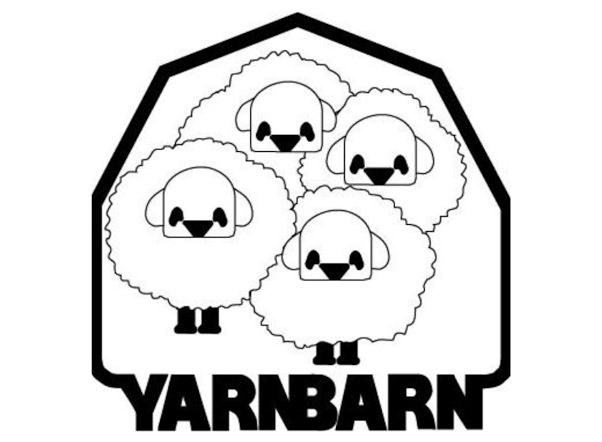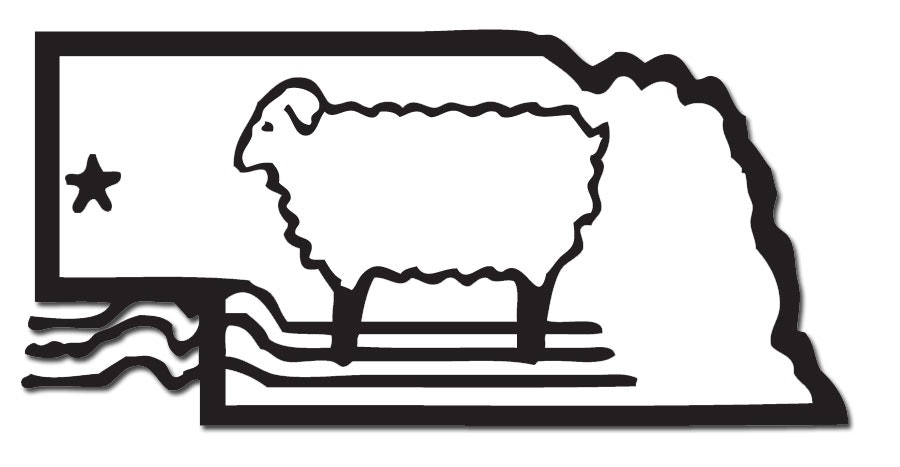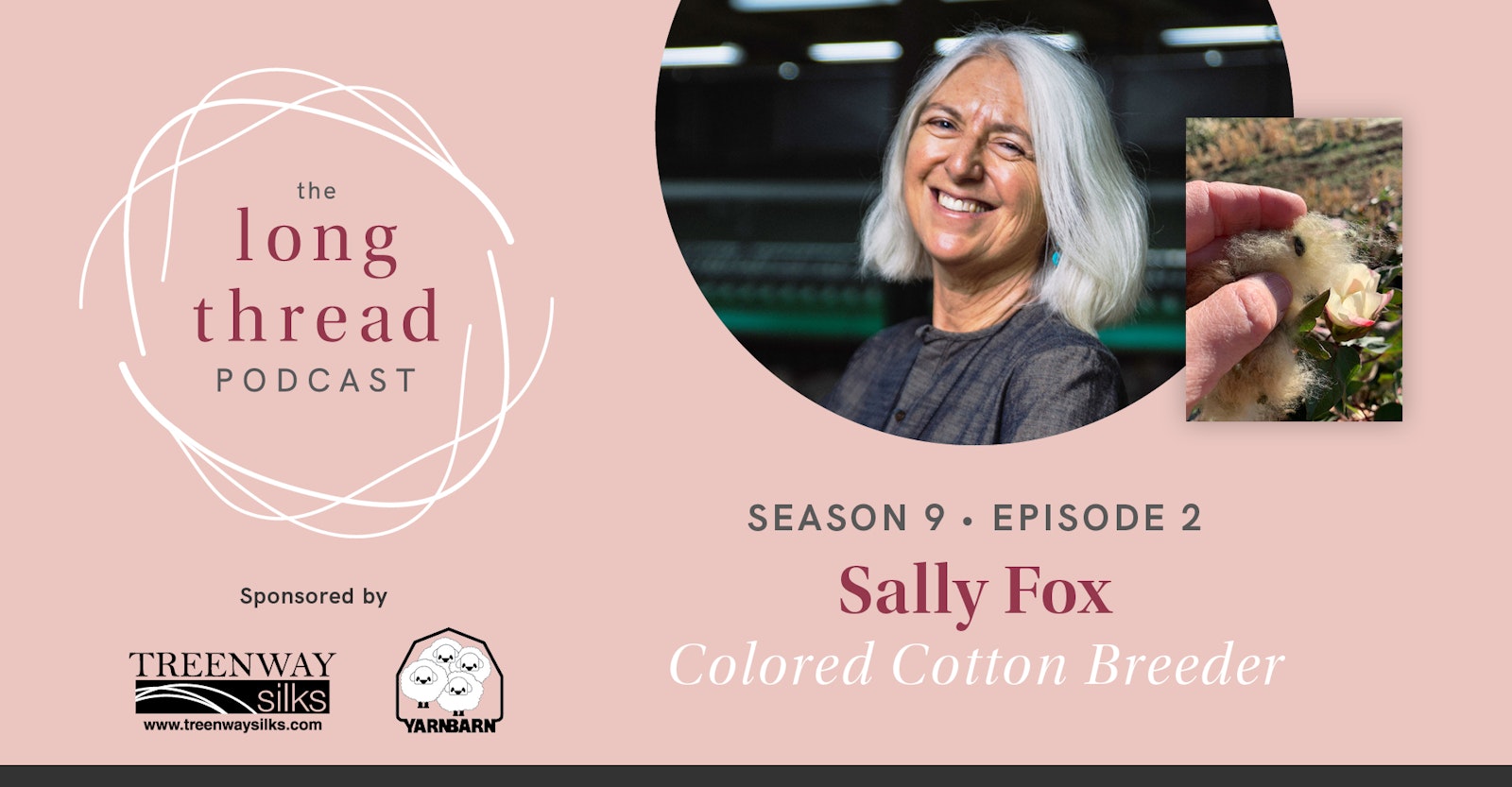Subscribe to The Long Thread Podcast:


In a period when agriculture moved toward chemicals, genetic engineering, and monoculture, Sally Fox decided to explore what could happen if she collaborated with nature instead of fighting it. With an academic background in entomology, she studied ways to minimize the amount of pesticides needed to grow crops, and the more she saw the effects of those chemicals, the more she wanted to steer clear. Looking to avoid synthetic dyes, she was intrigued when she came across a few seeds of naturally colored brown cotton, which is naturally pest-resistant.
According to conventional wisdom, brown cotton couldn’t be bred to have a staple long enough for textile mills to process it commercially. Only easily dyed, longer stapled white cotton was suitable for large-scale use, the thinking went. But Sally decided to try anyway, breeding a few plants on the side as she continued working in agricultural research. Over time, she saw interesting results, including a range of green and brown hues; more washfast and lightfast color; longer staples; memory; even improved flame resistance.
As a spinner and weaver, Sally had a unique advantage as she developed her cotton lines: the help of skilled spinners who tried her samples and put them through a variety of tests. It was the handspinners who introduced the idea of boiling the cotton yarn, which weakened some colors and strengthened others that she brought forward. The support of handspinners and weavers helped sustain Sally through challenging decades when conventional agriculture threatened her work and her livelihood. Her cotton proved naysayers wrong: organic and naturally colored cotton could be spun at industrial scale and provide similar or better results to conventional cotton.
Today, Sally’s textile work is recognized not only for creating beautiful fiber and minimizing avoiding chemical pesticides and dyes but also fixing carbon in the soil. On her farm, she raises naturally colored finewool sheep and heirloom wheat in rotation with cotton. Like the fibers she has cultivated, her farm expands our ideas of what’s possible in organic agriculture.
Links
Vreseis website
Fiber, fabric, and yarn in the Vreseis shop
Vreseis’s Instagram
This episode is brought to you by:

Treenway Silks is where weavers, spinners, knitters and stitchers find the silk they love. Select from the largest variety of silk spinning fibers, silk yarn, and silk threads & ribbons at TreenwaySilks.com. You’ll discover a rainbow of colors, thoughtfully hand-dyed in Colorado. Love natural? Treenway’s array of wild silks provide choices beyond white.
If you love silk, you’ll love Treenway Silks, where superior quality and customer service are guaranteed.

You’re ready to start a new project but don’t have the right yarn. Or you have the yarn but not the right tool. Yarn Barn of Kansas can help! They stock a wide range of materials and equipment for knitting, weaving, spinning, and crochet. They ship all over the country, usually within a day or two of receiving the order.
Plan your project this week, start working on it next week! See yarnbarn-ks.com to get started.

Brown Sheep Company is a four-generation family business bringing you high quality wool and natural fiber yarns. We spin and dye U.S.-grown wool into hundreds of vibrant colors at our mill in western Nebraska. Our mill has something to offer for every craft, from our well-known knitting and crochet yarns to wool roving for spinning and felting. We offer U.S-made needlepoint yarn as well as yarn on cones for weaving. Learn more about our company and products at BrownSheep.com.

